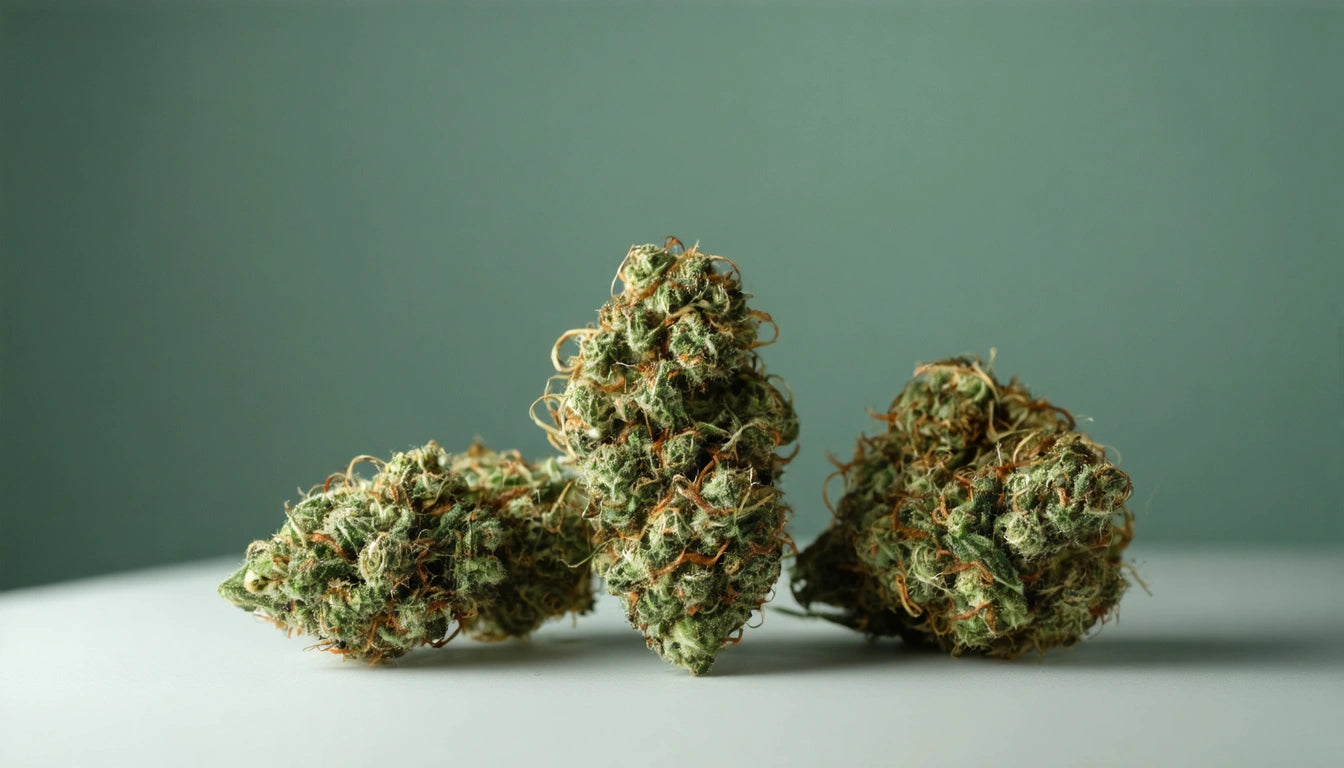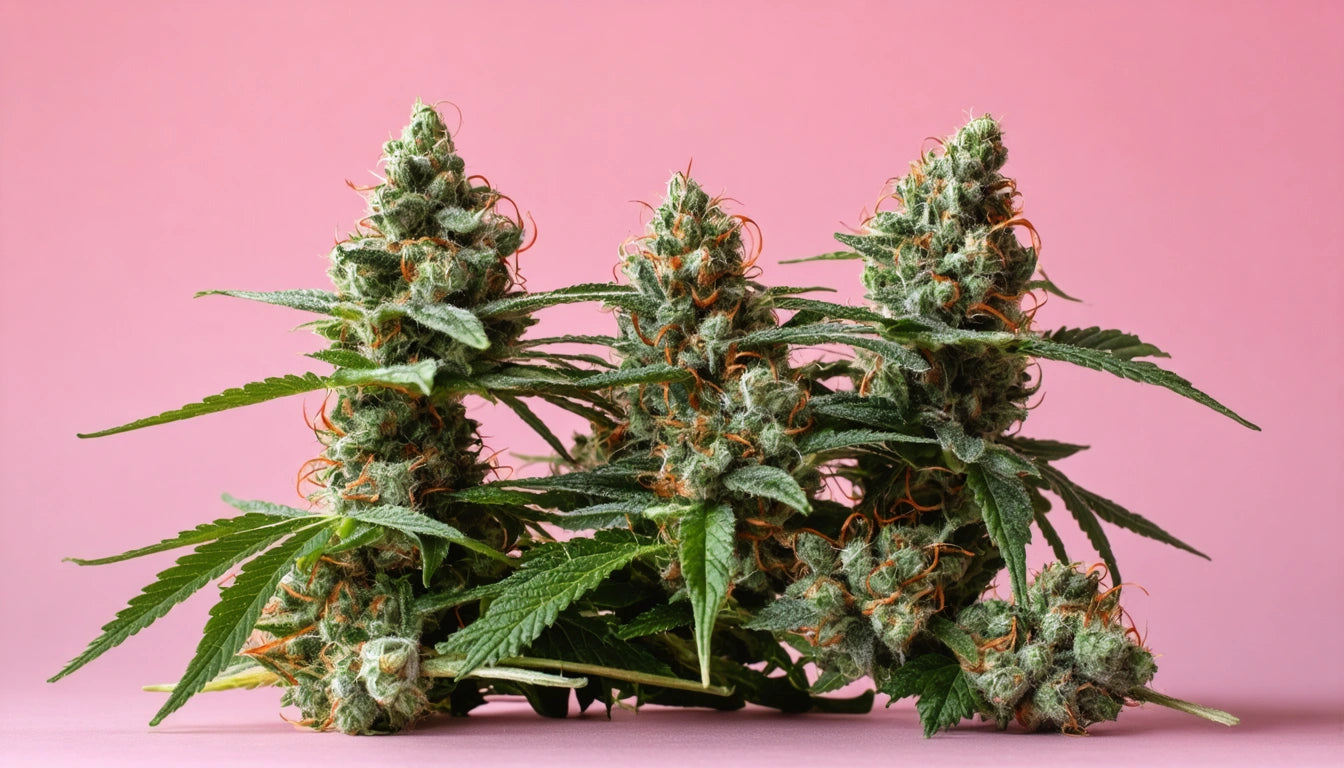Table of Contents
- Current Classification of Marijuana: Why is Cannabis Schedule 1?
- The Rescheduling Process: When Will Marijuana Be Schedule 3?
- Implications of Rescheduling Marijuana to Schedule 3
- Limitations and Concerns of Rescheduling
- Impact on Federal Employees and Drug Testing
- The Future Cannabis Landscape: Beyond Rescheduling
The Future of Marijuana: Understanding Its Rescheduling and Impact on Drug Classification
The classification of marijuana under federal law has been a contentious issue for decades. Currently classified as a Schedule 1 substance, cannabis sits alongside drugs like heroin, indicating high abuse potential and no accepted medical use according to federal law. However, with changing public attitudes and growing scientific evidence supporting medical applications, the potential rescheduling of marijuana to Schedule 3 represents a significant shift in federal policy.
Current Classification of Marijuana: Why is Cannabis Schedule 1?
Marijuana has been classified as a Schedule 1 drug since the Controlled Substances Act was enacted in 1970. This classification indicates that, according to federal law, cannabis has:
- High potential for abuse
- No currently accepted medical use in treatment in the United States
- Lack of accepted safety for use under medical supervision
This classification has persisted despite numerous cannabis strains showing therapeutic benefits and 38 states legalizing medical marijuana in some form. The disconnect between federal classification and state-level legalization has created significant legal and operational challenges for the cannabis industry.
Comparison to Other Scheduled Substances
The current classification places cannabis in a more restricted category than drugs like cocaine and methamphetamine, which are Schedule 2 substances. This has led many to question why marijuana is a Schedule 1 drug when substances with well-documented dangers have less restrictive classifications. The comparison between schedule 1 meth or weed often highlights this inconsistency in drug scheduling.
The Rescheduling Process: When Will Marijuana Be Schedule 3?
The process of rescheduling marijuana involves multiple federal agencies and can be initiated through various pathways:
- Administrative process through the DEA and FDA
- Congressional action through legislation
- Judicial rulings challenging the current classification
In 2023, the Biden administration recommended rescheduling marijuana to Schedule 3, which would acknowledge its medical value and reduce criminal penalties. However, when will marijuana be rescheduled remains uncertain, as the process involves extensive review and public comment periods.
Timeline for Implementation
Many are asking how long does it take for marijuana to become Schedule 3 once the process begins. Typically, administrative rescheduling can take anywhere from several months to years. The current timeline suggests that when will weed be schedule 3 could be as early as late 2024, though delays are possible due to the complex regulatory process and potential legal challenges.
While waiting for federal changes, many cultivators focus on optimizing their growing practices. Using humidity control solutions for cannabis storage helps maintain product quality regardless of regulatory status.
Implications of Rescheduling Marijuana to Schedule 3
Moving cannabis to Schedule 3 would acknowledge its medical applications and lower abuse potential compared to Schedule 1 and 2 substances. This reclassification would have several significant implications:
Research Opportunities
Rescheduling would remove significant barriers to research, allowing scientists to more easily study cannabis and its compounds. This could accelerate our understanding of when marijuana might become fully federally legal based on scientific evidence.
Tax Benefits
Cannabis businesses would gain access to tax deductions currently unavailable under Section 280E of the tax code, which prohibits businesses trafficking in Schedule 1 or 2 substances from deducting ordinary business expenses.
Banking Access
While not solving all banking issues, rescheduling may ease some financial institution concerns about serving cannabis businesses.
Limitations and Concerns of Rescheduling
Despite its benefits, rescheduling marijuana does not address today's central cannabis issues completely:
- It would not legalize cannabis at the federal level
- State-level prohibitions would remain in effect
- Interstate commerce would still face significant barriers
- Regulatory frameworks would remain inconsistent across states
These limitations highlight why some advocates argue that comprehensive federal legalization, rather than simply rescheduling, is necessary to fully address the current challenges facing the cannabis industry.
Impact on Federal Employees and Drug Testing
A common question is whether federal employees can use Schedule 3 drugs. Even if marijuana is rescheduled to Schedule 3, federal employees would likely still be prohibited from using cannabis products. Federal workplace drug policies typically prohibit the use of controlled substances regardless of their schedule classification, unless specifically prescribed by a physician.
The federal drug-free workplace policies would likely remain in place, continuing to create challenges for federal employees in states where cannabis is legal. This highlights one area where rescheduling alone falls short of addressing practical concerns.
The Future Cannabis Landscape: Beyond Rescheduling
Looking beyond rescheduling, the cannabis industry continues to evolve in response to changing regulations, consumer preferences, and scientific discoveries. The path toward nationwide legalization remains complex but appears increasingly inevitable.
As the industry matures, questions about what is a healthy weed smoking schedule and best practices for consumption will become increasingly important in public health discussions. The focus is likely to shift from legality to responsible use, quality standards, and evidence-based regulations.
For businesses and consumers navigating this changing landscape, staying informed about regulatory developments while maintaining focus on product quality and safety will be essential as the industry continues its transition from prohibition to regulation.











Leave a comment
All comments are moderated before being published.
This site is protected by hCaptcha and the hCaptcha Privacy Policy and Terms of Service apply.